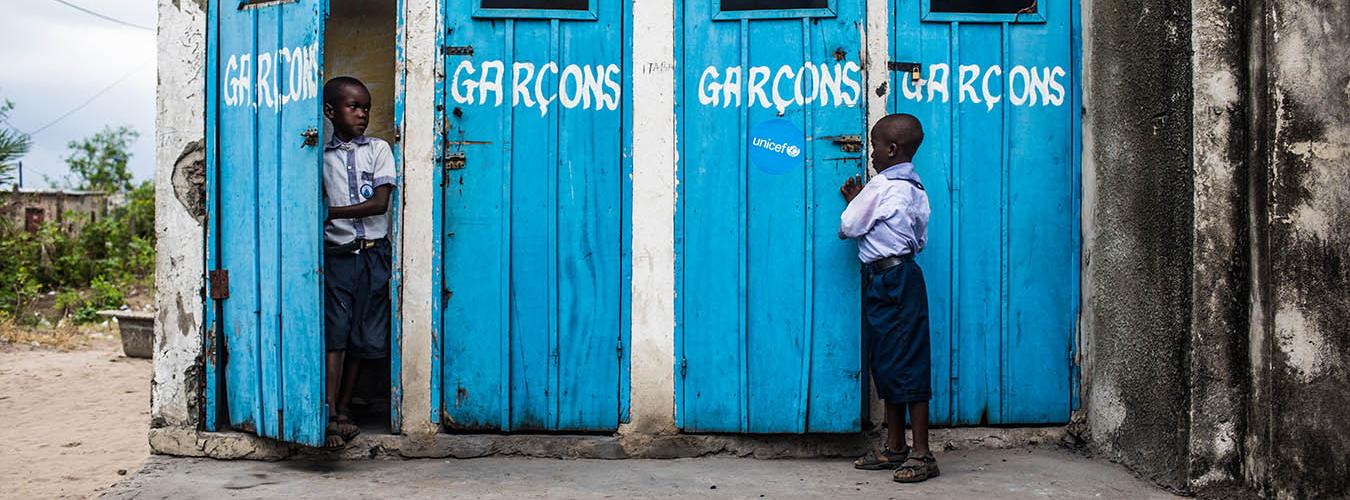
Why a toilet is a lifesaver
Today, 3.5 billion people live without access to safely managed sanitation, and around 1,000 children under five die every day from diseases caused by unsafe water, sanitation, and hygiene.
Without safely managed, sustainable sanitation, people often have no choice but to use unreliable, inadequate toilets or practise open defecation. Even where toilets exist, overflows and leaks from pipes and septic systems, and dumping or improper treatment, can mean untreated human waste gets out into the environment and spreads deadly and chronic diseases such as cholera and intestinal worms.
In a bid to help break taboos around toilets and make sanitation for all a global development priority, the United Nations designated 19 November as World Toilet Day.
The resolution declaring the Day titled "Sanitation for All" (A/RES/67/291) was adopted on 24 July, 2013, and urged UN Member States and relevant stakeholders to encourage behavioural change and the implementation of policies to increase access to sanitation among the poor, along with a call to end the practice of open-air defecation, which it deemed extremely harmful to public health. Sanitation is also a question of basic dignity and women safety, who should not risk being victims of rape and abuse because of lack of access to a toilet that offers privacy.
The resolution also recognizes the role that civil society and non-governmental organizations play in raising awareness of this issue. It also calls on countries to approach sanitation in a much broader context that includes hygiene promotion, the provision of basic sanitation services, and sewerage and wastewater treatment and reuse in the context of integrated water management.
An important milestone in this aspect is the current Water Action Decade (2018-2028) that will accelerate efforts towards meeting water-related challenges, including limited access to safe water and sanitation, increasing pressure on water resources and ecosystems, and an exacerbated risk of droughts and floods.
In March 2023 the world came together during the UN 2023 Water Conference convened by the UN General Assembly. A main outcome of the Conference was the Water Action Agenda, a collection of new and existing voluntary commitments to take accelerated action on sanitation and water. The subsequent Blueprint for Acceleration: SDG 6 Synthesis Report on Water and Sanitation 2023, produced by UN-Water and launched at the 2023 High-level Political Forum on Sustainable Development (HLPF), offers actionable policy recommendations directed towards senior decision-makers in Member States, other stakeholders, and the United Nations System to get the world on track to achieve SDG 6 – water and sanitation for all – by 2030.

